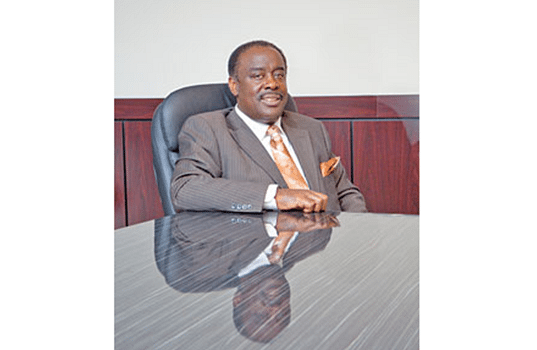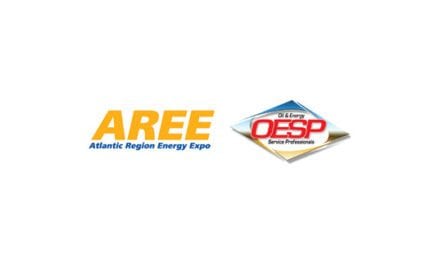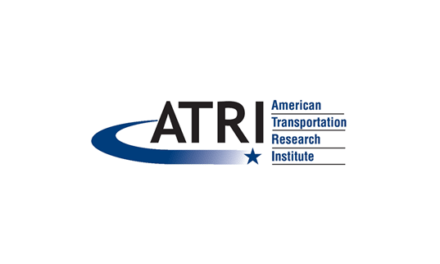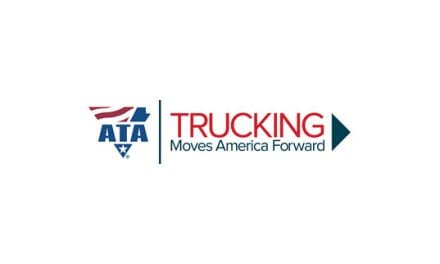Reprinted from Cincy Magazine with permission August 2014.
Two bookcases in the conference room of Hightowers Petroleum Co. are filled with plaques and awards the Middletown fuel distributor has won, but CEO Stephen Hightower points to one as “the Big Daddy” of them all. It’s the award Hightowers Petroleum Co. won last year from Black Enterprise magazine as the African-American owned industrial/service company of the year for its record of sales growth and performance.
With $300 million in sales, some 70 employees in the petroleum company and a couple related businesses, and offices in Washington D.C.; Baltimore; Charlotte, N.C.; and New York City later this year, Hightowers Petroleum, the area’s largest black-owned business, isn’t resting on those laurels.
In May, Hightower, 58, participated in a trade mission led by U.S. Commerce Secretary Penny Pritzker to Ghana and Nigeria aimed at spurring energy development in West Africa.
Hightower wants to expand his business, which now delivers about 125 million gallons of fuel annually across the United States to companies such as General Motors, Kroger and Duke Energy, upstream into supplying bulk oil shipments to distributors for sub-Saharan Africa’s demand for electricity. “West Africa is a tremendous opportunity to make our company into a more integrative oil company,” he says. It could more than quadruple his company’s size to more than $1 billion over the next several years, he says.
But Hightower, who got into the energy business more than 30 years ago through the State of Ohio’s minority set-aside program, isn’t limiting his growth plans to just petroleum.
Two years ago, he teamed up with leading environmental consultant John Picard and energy efficiency executive Tim Donovan to form HP Energy, a project development firm, focusing on what it calls “game-changing” technologies to reduce energy consumption. For example, the company is developing projects for utilities such as Duke Energy and Consolidated Edison in New York for municipal street lighting using more efficient LED lights and incorporating other technologies such as safety cameras and methane gas detection sensors. It is also marketing systems that use ambient air instead of expensive air conditioning to cool electronics in cell towers and data centers.
If you think it sounds like Hightower is constantly on the move. You’d be right.
“I didn’t grow up as a 9-to-5 job person,” he says. “The clock means nothing to me.”
It’s a trait he inherited from his father, Yudell, who at 82 still works daily in the company’s headquarters outside Middletown. The company retains its family flavor. Besides his father, several other family members, including Hightower’s two sons, Stephen II and Quincy, and daughter, Stephanie Hightower-Thomas, are involved in the business.
A Mississippi sharecropper, Yudell came north in 1949 looking for a better life. En route to Detroit, he stopped in Middletown to visit family and never left. “He got here on Sunday and got a job on Monday at Armco Steel as a laborer,” says Hightower.
In 1956, the same year Hightower was born, his father started a janitorial business to supplement his job at the Middletown Works.
“That’s why I say I’ve been in business all my life,” says Hightower, who recalls he and his brothers wiping down baseboards and cleaning chairs while his father cleaned offices. “We worked all the time,” he says. “Whether it was the middle of the night or after school. If a customer had a burst pipe and needed to be open by 5 a.m., we were there at 1 a.m. cleaning up.”
As the business grew, the Hightower family was the first African-American family to move into the all-white east end of Middletown. Hightower remembers it wasn’t an easy time.
“We had neighbors sending petitions around to get us out,” he says. At one point, armed guards were called in when someone threw a Molotov cocktail. But he says, “My father didn’t back down and we didn’t leave.”
As a teenager, Hightower was in homes and businesses around Middletown, selling his father’s janitorial services. “I negotiated my first commercial contract at the old Miami Carey plant in Monroe when I was 18,” he says. “I member the purchasing agent and the look on his face like: ‘What am I going to do with this guy?’ But I got the contract on the price I wanted.”
After graduating from Middletown High School in 1974, he went to Armco looking for a job in sales. “They told me I could either work in the plant or go to school somewhere. I made the decision then that I wasn’t going to work in the plant,” he says.
In 1979, after attending Wright State University for three years, Hightower and his father started a construction company that eventually became Hi-Mark Construction Group. In 1981, Hightower bought the janitorial business from his father and when he sold it three years later, the company employed 175.
“We wanted to get into bigger projects, but to do those you had to be a union company,” he says. So they started a union-organized cleaning company and that evolved into a contract labor business for construction projects.
In the early 1980s, the state of Ohio had a minority set-aside program requiring a portion of state business be with minority firms. Hightower and his father began selling industrial supplies and construction materials to the state and eventually fuel.
“My background has always been transactional,” he says. “It didn’t matter if it was steel guard rails, food, furniture or fuel.”
From the start, he says, he had to build relationships with suppliers and customers. “I grew my business in a creative fashion because I didn’t have a bank line of credit, which is the customary way of doing business. I made sure the suppliers were comfortable that they’d get paid.”
The company wasn’t able to obtain regular bank line of credit until a couple years ago, but Hightower says he’s focused on the future not the past. “There’s no value in holding bad experiences as part of your life,” he says.
And despite his success, Hightower doesn’t think minority businesses have an easier path today than when he started. Besides the difficulty in getting financing and establishing relationships, he says, “when you walk in the door, you’re discounted as a minority and as something less than a normal business. That’s another hurdle that hasn’t gone away.”
Minority or not, the bottom line is a business still must perform or it won’t succeed, he says. “You either do it, or you don’t.”








